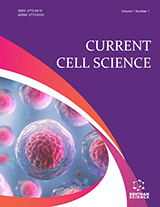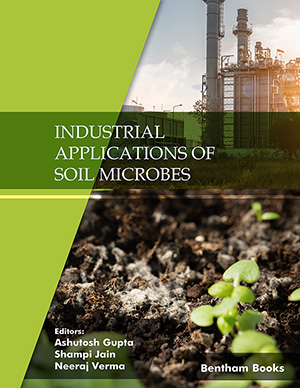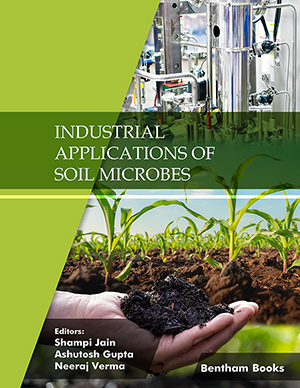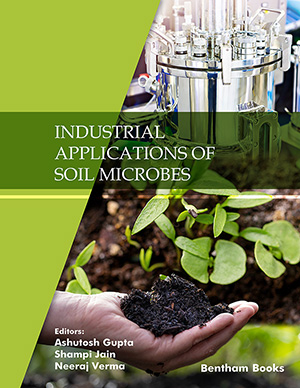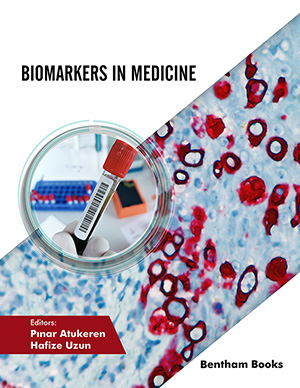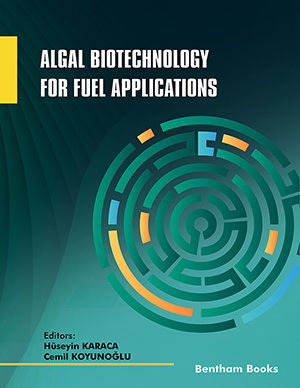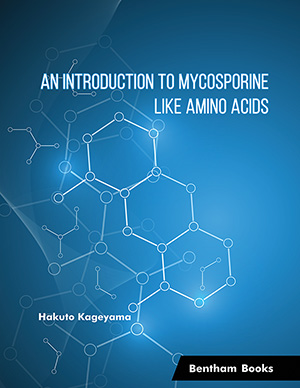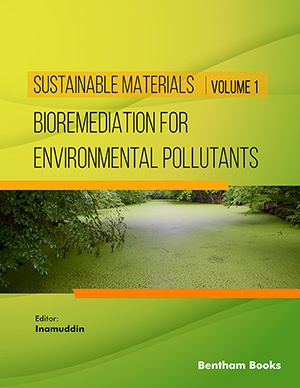Abstract
Rice is a short-day plant, and its heading date (Hd)/flowering time is one of
the important agronomic traits for realizing the maximum yield with high nutrition.
Theoretically, flowering initiates with the transition from the vegetative stage to shoot
apical meristems (SAMs), and it is regulated by endogenous and environmental signals.
Under favorable environmental conditions, flowering is triggered with the synthesis of
mobile signal florigen in leaves and then translocated to the shoot for activation of cell
differentiation-associated genes. In rice, the genetic pathway of flowering comprises
OsGI–Hd1–Hd3a, which is an ortholog of the Arabidopsis GI–CO–FT pathway, and
the Ehd1-Hd3a pathway. Climate change could affect photoperiod and temperature,
which in turn influences heading date and crop yield. In low temperatures and long-day
conditions, the expression of the HD3a gene analogous to FT in Arabidopsis deceased,
which delays flowering. Similarly, during drought, expression of the Ehd1 gene is
suppressed, resulting in a late-flowering phenotype in rice. Drought affects pollen
fertility and reduction in grain yield by reducing male fertility, which affects male
meiosis during reproduction, microspore development, and anther dehiscence. In this
research field, substantial progress has been made to manipulate flowering-related
genes to combat abiotic stresses. Here, we summarize the roles of a few genes in
improving the flowering traits of rice.
Keywords: Abiotic stress, Flowering, Florigen, Hd1, Hd3a, Long-day, Short-day.




